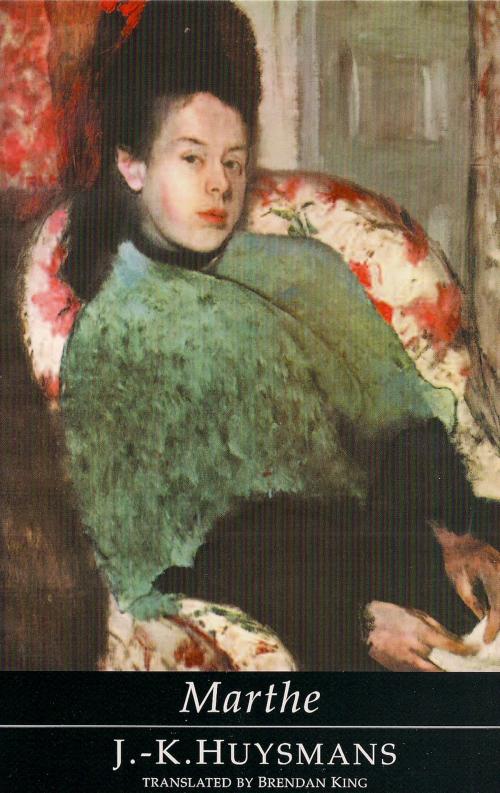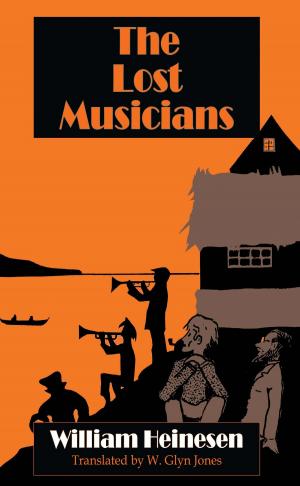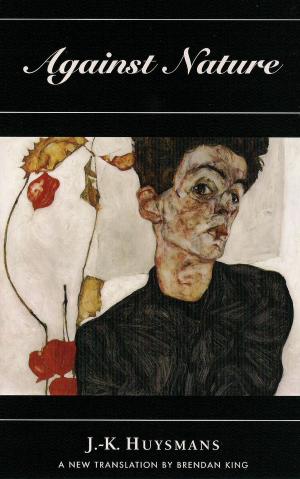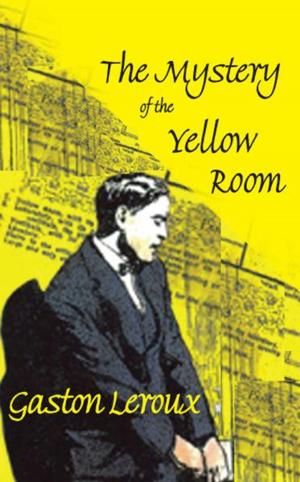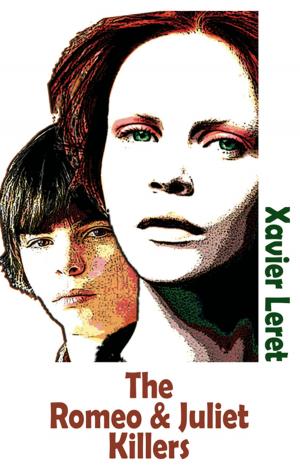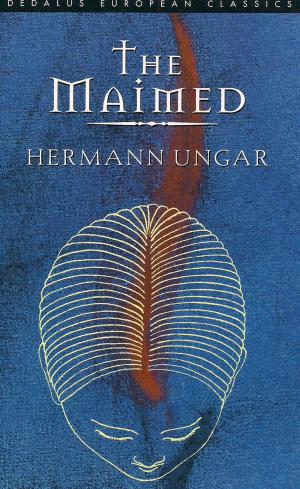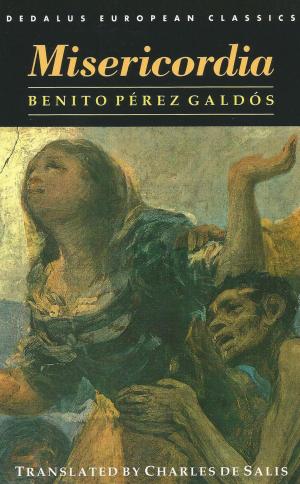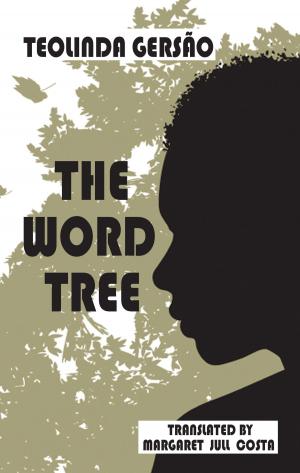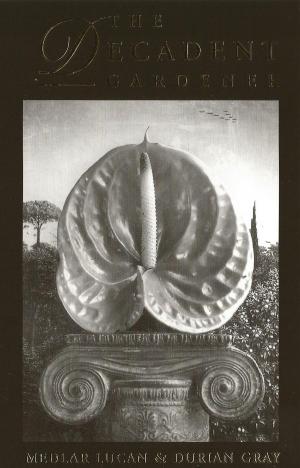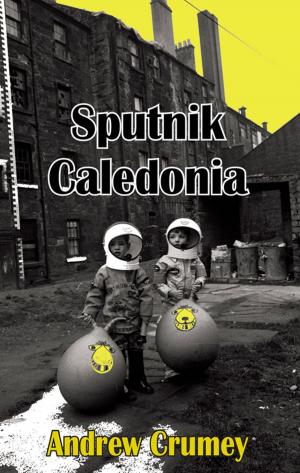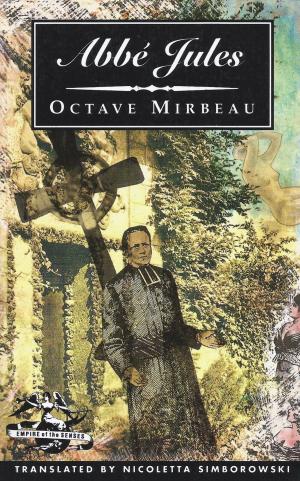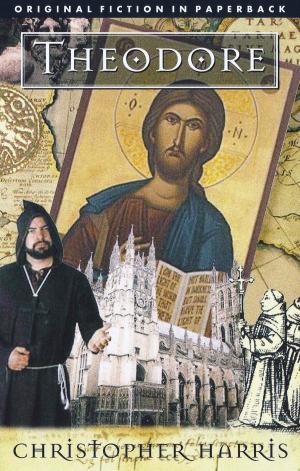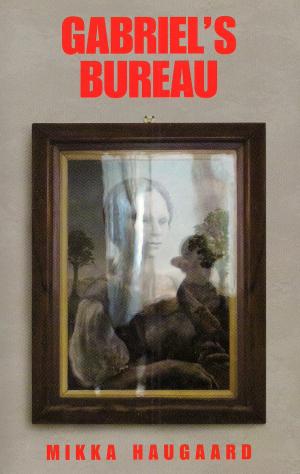| Author: | Joris-Karl Huysmans | ISBN: | 9781909232181 |
| Publisher: | Dedalus Ebooks | Publication: | January 5, 2010 |
| Imprint: | Dedalus Ebooks | Language: | English |
| Author: | Joris-Karl Huysmans |
| ISBN: | 9781909232181 |
| Publisher: | Dedalus Ebooks |
| Publication: | January 5, 2010 |
| Imprint: | Dedalus Ebooks |
| Language: | English |
First published in 1876, Marthe was an important landmark in J.K. Huysmans's literary career: it was the 28-year old writer's first excursion into the novel form and propelled him into the growing ranks of the Naturalist movement, then beginning to take shape under Zola�s direction. Marthe was one of the first French novels to tackle head-on the subject of prostitution, a theme that was to become a central preoccupation in the work of many novelists, painters and poets. Set in and around the demi-monde of the Parisian music hall, it centres on a would-be actress, Marthe, who works in one of the lowest dives in Paris, and tells the story of her brief and ultimately doomed relationship with Léo, a romantic searching for something to take the place of his lost illusions. It will appeal to admirers of French Naturalism and the novels of Zola. Huysmans is particularly good in evoking the Paris of his day. 'Huysmans was part of Zola's coterie of naturalist writers driven by a desire to break from the dominance of romantic fiction.Certainly this tale set in a brothel, his debut novel banned at publication in his native France in 1876, would be fertile ground for such a venture. The translation, its first in 50 years, is wonderfully bawdy and a fine tribute to a great work.' The Herald
First published in 1876, Marthe was an important landmark in J.K. Huysmans's literary career: it was the 28-year old writer's first excursion into the novel form and propelled him into the growing ranks of the Naturalist movement, then beginning to take shape under Zola�s direction. Marthe was one of the first French novels to tackle head-on the subject of prostitution, a theme that was to become a central preoccupation in the work of many novelists, painters and poets. Set in and around the demi-monde of the Parisian music hall, it centres on a would-be actress, Marthe, who works in one of the lowest dives in Paris, and tells the story of her brief and ultimately doomed relationship with Léo, a romantic searching for something to take the place of his lost illusions. It will appeal to admirers of French Naturalism and the novels of Zola. Huysmans is particularly good in evoking the Paris of his day. 'Huysmans was part of Zola's coterie of naturalist writers driven by a desire to break from the dominance of romantic fiction.Certainly this tale set in a brothel, his debut novel banned at publication in his native France in 1876, would be fertile ground for such a venture. The translation, its first in 50 years, is wonderfully bawdy and a fine tribute to a great work.' The Herald
